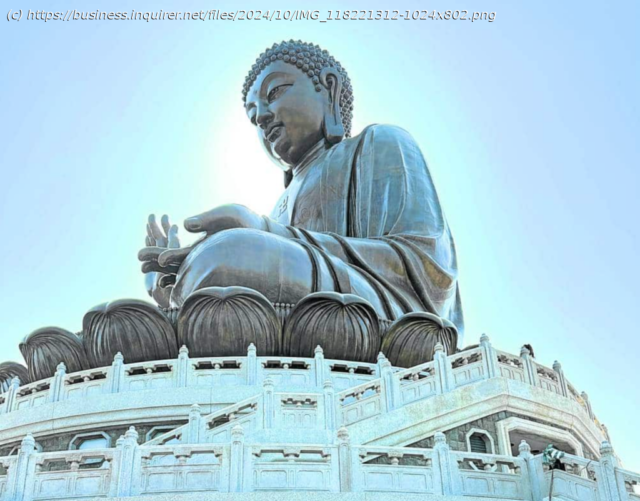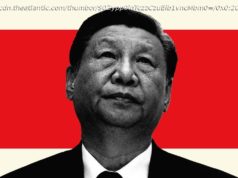Array
In marketing and business, cultural understanding is key to forging authentic connections and is fundamental in making sense of diverse perspectives and contexts. Surprisingly, Chinese burial practices offer rich insights into the concepts of respect, symbolism and community engagement—elements that resonate deeply in effective marketing strategies.
My father passed away in 2013. I was put in charge of the cemetery and burial ceremony with a stern warning: Once the coffin is pushed into the grave, it cannot be pulled out again. I was reminded of another family who had not considered the coffin handles, leading to the unfortunate task of pulling the coffin out to remove the handles so it could fit inside the grave. Consequently, I measured the coffin and the grave several times in different ways. I discovered that when my father had built his own mausoleum, he allocated a generous allowance for coffin space. His foresight reflects thoughtful consideration of these traditions, allowing for a respectful and smooth burial process.
According to Confucian philosophy, the responsibility for the funeral and burial rests with the children of the deceased, emphasizing the importance of filial piety. Chinese burial beliefs and practices are deeply rooted in tradition and cultural values, highlighting respect for ancestors. Here are some key beliefs and practices:
Throughout the mourning period, the family of the deceased wears all-white attire, symbolizing mourning and respect.
It is a common belief that once the coffin is placed in the grave or mausoleum, it should not be moved again. Disturbing the resting place of the deceased is believed to bring bad luck, primarily to the family and descendants. This bad luck can manifest in various forms, such as health issues, financial difficulties, or other misfortunes. Some believe that it could bring unease or misfortune to the broader community. Therefore, careful measurement and preparation of the burial site are essential.
The location and orientation of the burial site are often chosen based on feng shui principles to ensure good fortune for the descendants. Factors such as the direction of the grave, the surrounding landscape, and even the day and time of burial are considered.
Preferences for burial sites include:
This is believed to provide good feng shui. It represents status and offers a clear view, symbolizing clarity and protection for the descendants.
Graves are traditionally oriented to face south, which is considered auspicious as they are believed to receive the best sunlight, symbolizing warmth, growth and prosperity. Additionally, the south is associated with the yang energy, which is active and positive, ideal for promoting the well-being and fortune of the descendants.
The site should ideally be protected by natural features like hills or trees at the back (considered as support) and open space in front (symbolizing a bright future).
The coffin should be of appropriate size and design, fitting perfectly into either the grave or the tomb. The quality is seen as a final act of tribute and respect to the deceased.






